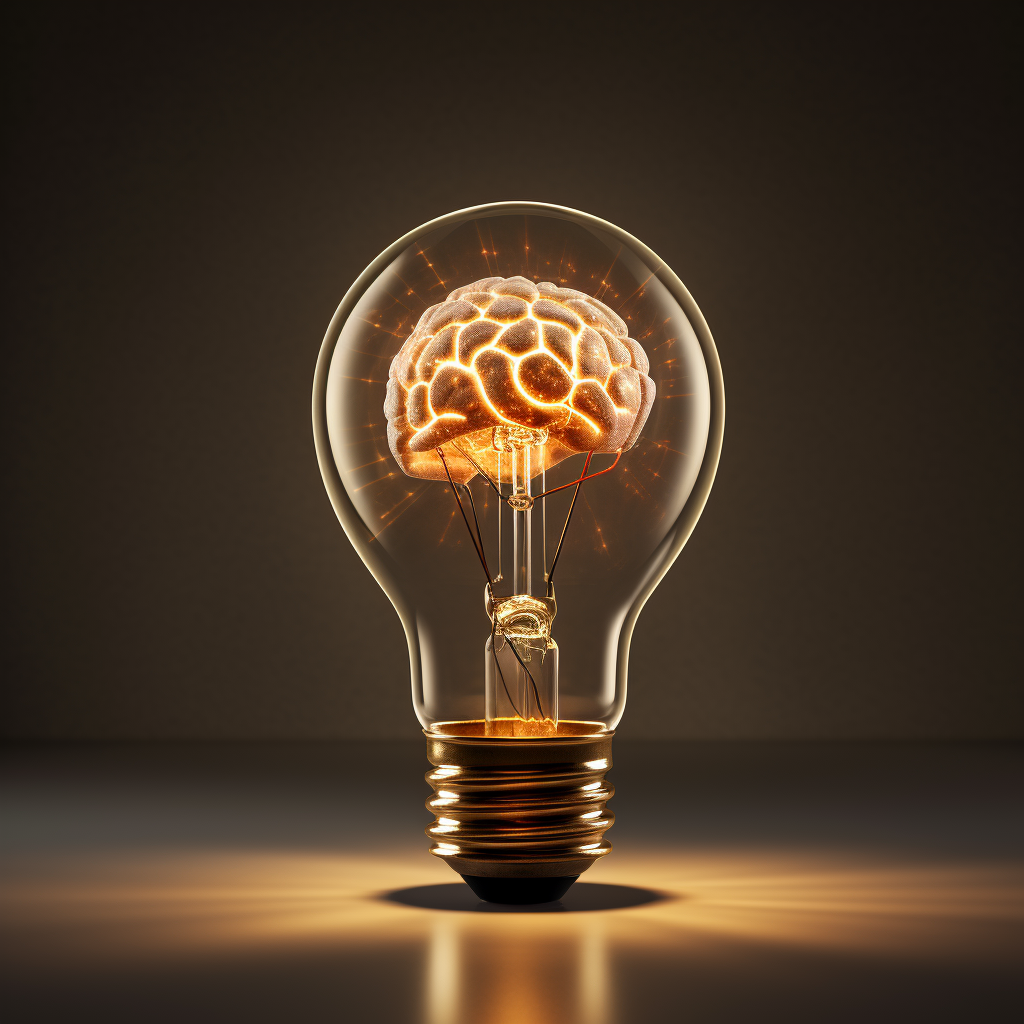Nootropics Information Guide
What Are Nootropics?
Simply put, nootropics are drugs, supplements, or other related substances designed to increase brain performance. These "smart drugs" are thought to boost memory, intelligence, creativity, motivation, and other aspects of cognition and mental performance.
The term "nootropic" is derived from two Greek words, "noos" which means mind, and "tropein" which means toward or to bend (literally translated as mind-bending), as such, nootropics are considered to be like gymnastics for your mind, with the aim of making it more flexible and agile. It is for this reason that nootropics are proving to be very popular among adults who have ADHD. For those unfamiliar with the term, ADHD or Attention-Deficit/Hyperactivity Disorder, it's a common neurodevelopmental disorder.
Although ADHD symptom management typically includes behavioral interventions and traditional medications, research is pointing towards certain nootropics being effective as a supplementary treatment. It is important to note, however, that while nootropics can potentially contribute to managing cognitive impairment related to ADHD, they are not considered a primary treatment. Consultation with a healthcare professional is always advised.
Historical Background
The history of nootropics dates back to the 1960s when Romanian chemist and psychologist Dr. Corneliu E. Giurgea coined the term "nootropic." He established a set of criteria that helped define their qualities, which included the enhancement of learning and memory, minimal side effects, and neuroprotection. The first widely recognized nootropic, Piracetam, emerged from his research. Since then, the world of nootropics has expanded, with ongoing research and development uncovering new compounds with potential cognitive benefits. Consequently, interest in nootropics, and their use among the general public has increased significantly in recent years.
The Science of Nootropics
Nootropics primarily work by increasing the brain's supply of neurochemicals (enzymes, hormones, and neurotransmitters), which in turn improves neural function. Nootropics have also been shown to increase blood flow to the brain and enhance brain cell growth and connections.
In what is arguably the most comprehensive and up-to-date review of the potential effectiveness and importance of nootropics.; a recently published peer-reviewed journal article, titled Nootropics as Cognitive Enhancers: Types, Dosage and Side Effects of Smart Drugs, drawing on scientific research and meta-analyses noted that:
Nootropics are a heterogeneous group of drugs that affect the metabolism of neuronal cells in the central nervous system. They mainly improve cognitive function, especially in cases where there is damage or degeneration. Most of these substances do not have an immediate effect after a single administration and must be used for some length of time before there is a measurable improvement...Nootropics are usually very well tolerated. Side effects are rare and typically mild...Nootropics, thanks to their alleged ability to increase intelligence and improve memory and cognitive functions, attract the attention of university students in particular. They are known among them as 'smart drugs'. Because most nootropics are of natural origin, students can obtain them as food supplements or as drugs that do not require a prescription.
Interestingly, recent trends in the nootropic market have seen the emergence of chocolate-based supplements. Nootropic chocolate utilizes the natural cognitive-enhancing properties of cocoa flavanols, providing a unique and enjoyable way to potentially boost cognitive functions without the typical medicinal feel.
Due Diligence
Before you dive into the world of nootropics, it's essential to know what you're putting into your body. Doing proper research and consulting with a healthcare professional can help you make a wise decision.
People often stack nootropics, or take a combination of them, to maximize their effects. However, this approach requires thorough understanding, careful planning, and close monitoring of one's responses to the chosen compounds.
Nootropics and their effects on cognitive function are varied and their efficacy will depend on the person, their specific brain chemistry, and the specific compounds they're ingesting.
If you're considering the use of nootropics, it is important to understand that they are not a magic bullet. Instead, they should be considered a tool, one that, used responsibly and in conjunction with a healthy lifestyle, could potentially boost your cognitive function and overall mental health.
Before starting on any nootropic regime, it is also important to consider factors such as your health status, any medications or supplements you're already taking, and your diet and lifestyle.
While most nootropics are legal and readily available, some fall into a gray area. Always ensure you abide by the laws pertaining to nootropics in your country or state.
Endnote
We sincerely hope that you have found this nootropics information guide a useful starting point. As you delve further into the fascinating world of nootropics, remember that while nootropics are potentially powerful tools for cognitive enhancement and offer great promise, they are not without risks and should be used with caution, and preferably under professional guidance. Remain curious, stay educated, and you will be well on your way to a better, brighter mind!
